Resources for the Movement (Let's Teach Ourselves)
We’re at an intriguing time in history. Once “sensitive” topics like politics, racism, police brutality, and Black feminism are starting to become mainstream conversations rather than just isolated twitter hashtags.
Half a century from now, this time period will become known as some sort of awakening akin to the Harlem Renaissance. And while our generations greatest minds organize, protest, educate and create the art that will come to define these times, I felt it necessary to put together an exhaustive list of resources that can help us understand the past, the present and the future.
We’ll be adding to this list frequently. Feel free to bookmark. And if you happen to purchase anything on this list, we kindly ask that you purchase using the links below. Our goal is to be able to create content full-time sooner rather than later, and every ounce of support helps. Thanks.
Poetry
Institutional Racism
The Color of Law, Richard Rothstein
A lot has been written about the wealth gap in America, and how the disparity is a result of racist policies from the government, not some magical potion that makes White people work harder and smarter at business. For nearly a century, the greatest vehicle for building wealth has been the home. Rothstein does a lot of great research and presents it from a multitude of objective angles, but above all else, it’s a deep dive into the systematic omission of Black families from equitable homeownership. If you’re going to understand the movement, it’s a must read.
The Spook Who Sat By the Door, Sam Greenlee
The Spook Who Sat by the Door is, in many ways, a breakthrough piece of art in its own right. In it, author Sa m Greenlee presents a vivid and stunning picture of both espionage and liberation. Most notably, it’s an extended, entertaining and engaging insider playbook on how to play the game while elevating your people.
Reconciling Childhood and Family Trauma
The Deepest Well: Healing the Long-Term Affects of Childhood Adversity, Dr. Nadine Burke Harris
We’re starting to talk more about emotions, feelings and childhood trauma. That’s a good start. But addressing our mental health can’t start and end with articles and social media messages. Those avenues are meant to serve as barrier breakers, stepping stones of alertness on a path to true self-work. If you find yourself committed to self-improvement but are unable or unsure of the next step, this is an exceptionally good read while you navigate to what’s next.
Documentaries
Rigged: the Voter Suppression Playbook
Politics
I know, you’re probably wondering what a book about the most recent president to be forced out of the office has to do with Black equality? It’s a very complicated answer, but here’s the short version — Richard Nixon was the first post-Civil Rights and Votings Rights Act president. After losing the presidential election in 1960 to John F. Kennedy, and then the race for Governor of California in 1962, Nixon’s political career was all but dead. But he and his political team had a not so secret weapon they deployed to perfection. That weapon? Essentially the beginning of the coded racist language and messaging we’re accustomed to today, not only in our politics, but in our workplaces too. It’s a lengthy read, but properly contextualizing the role of electoral politics in the movement makes at least a foundational understanding of Nixon’s America a necessity.

